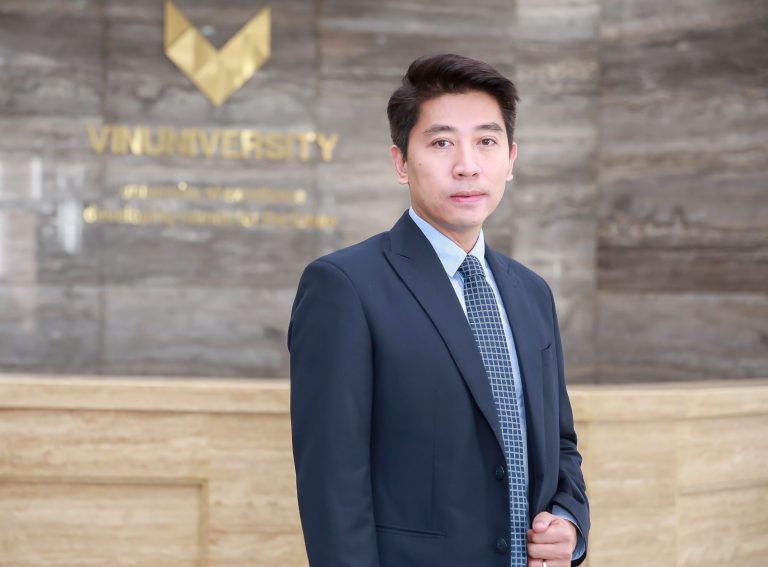
Associate Professor Vu Anh Dung
Conference Chair
With its spectacular campus and state-of-art facilities, The VinUniversity offers a first-class conference and event facility complemented by all the style, comfort, and attention to detail you would expect to find in an
Since opening its doors in 2018, the VinUniversity has become one of Hanoi’s premiere event venues. Our conference will be hosted here, including the morning Academic Session and Student Case Writing Competition in the afternoon.


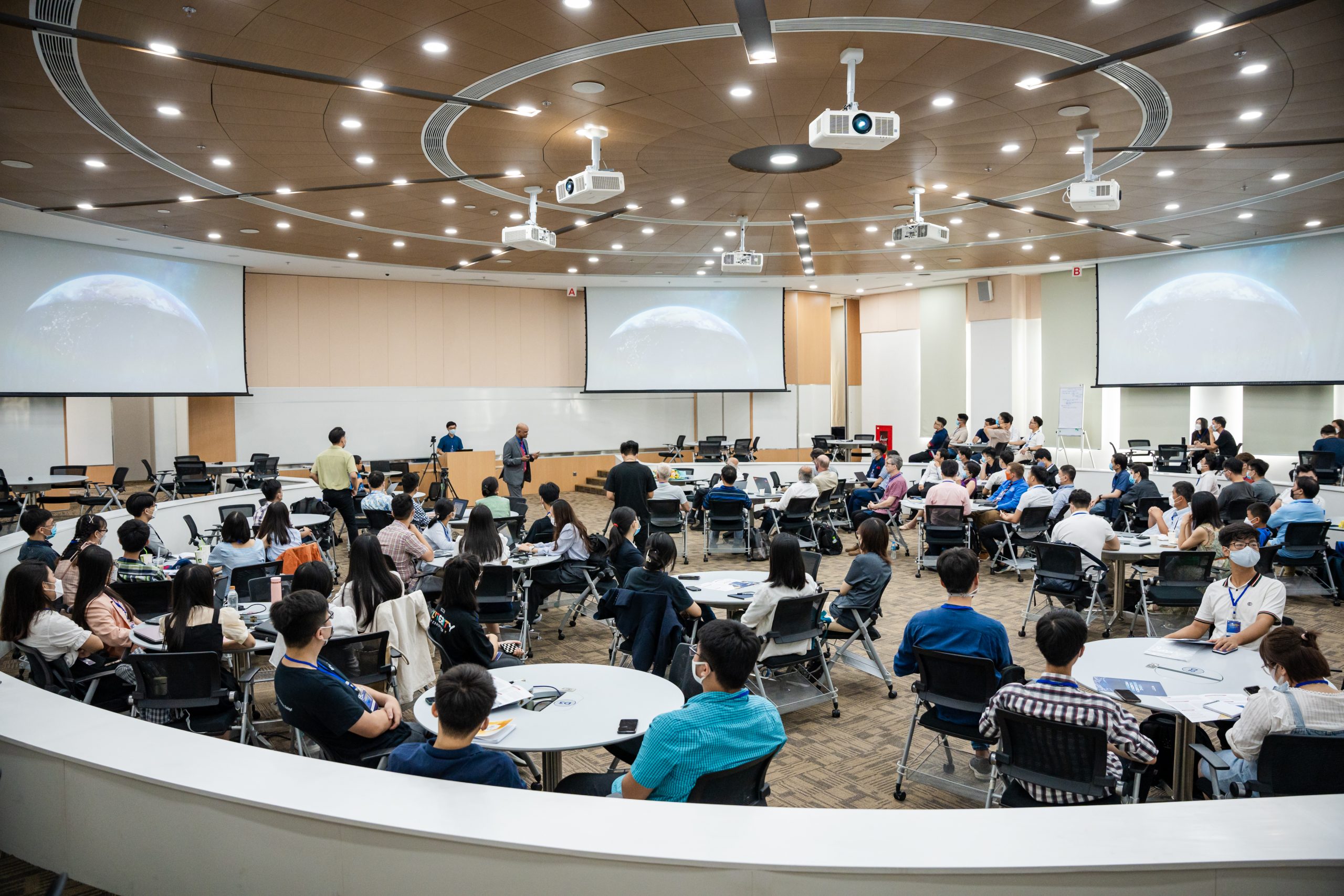

Conference Chair

Committee Member

Committee Member

Committee Member

Committee Member
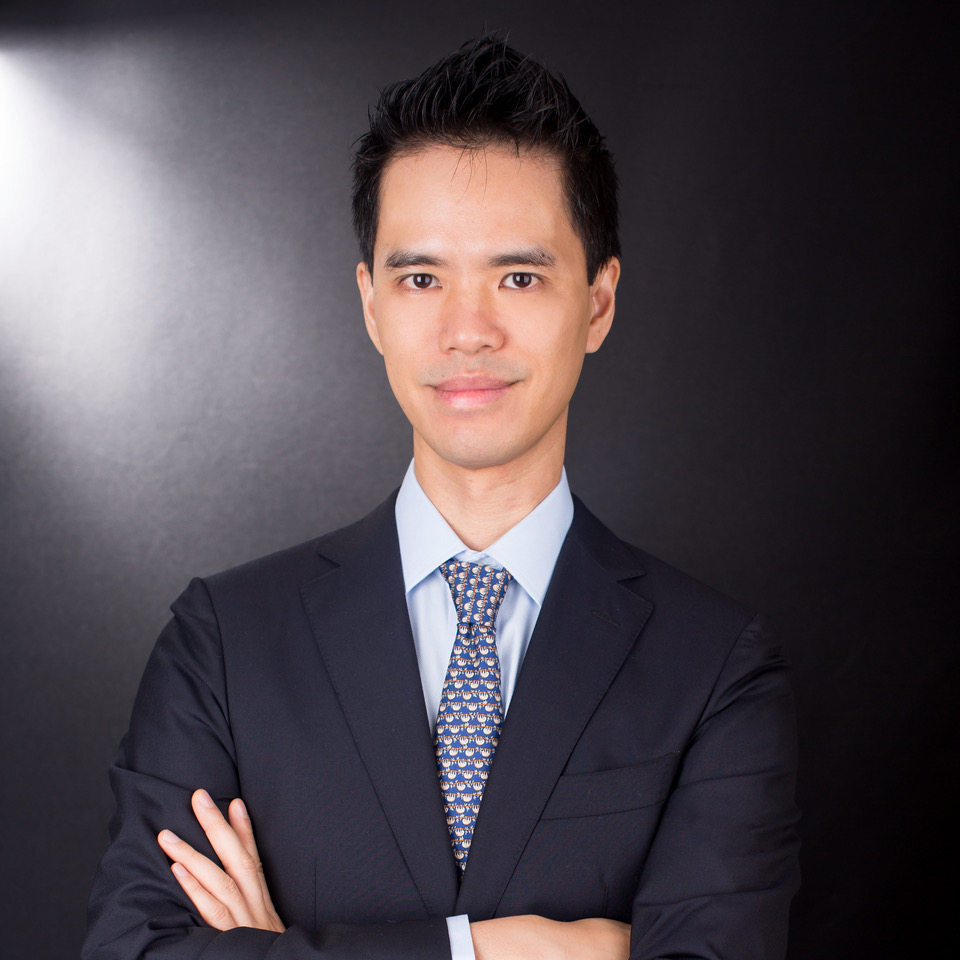
Case Competition Co-Chair
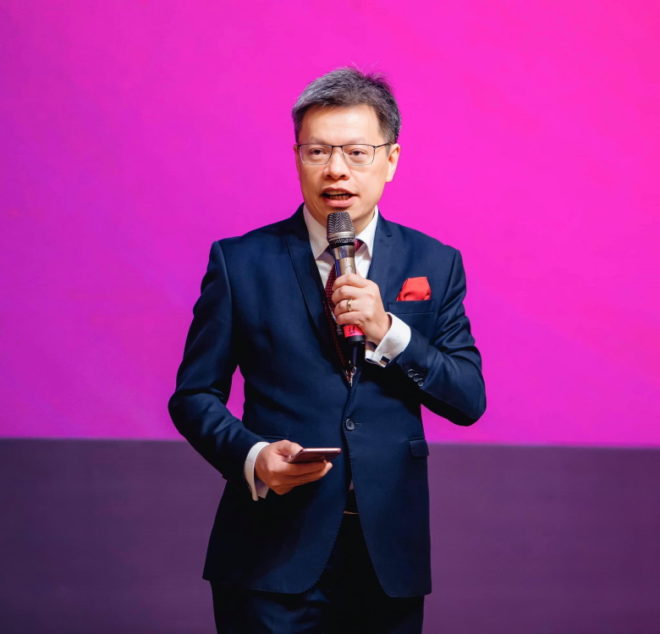
Committee Member

Commitee Member
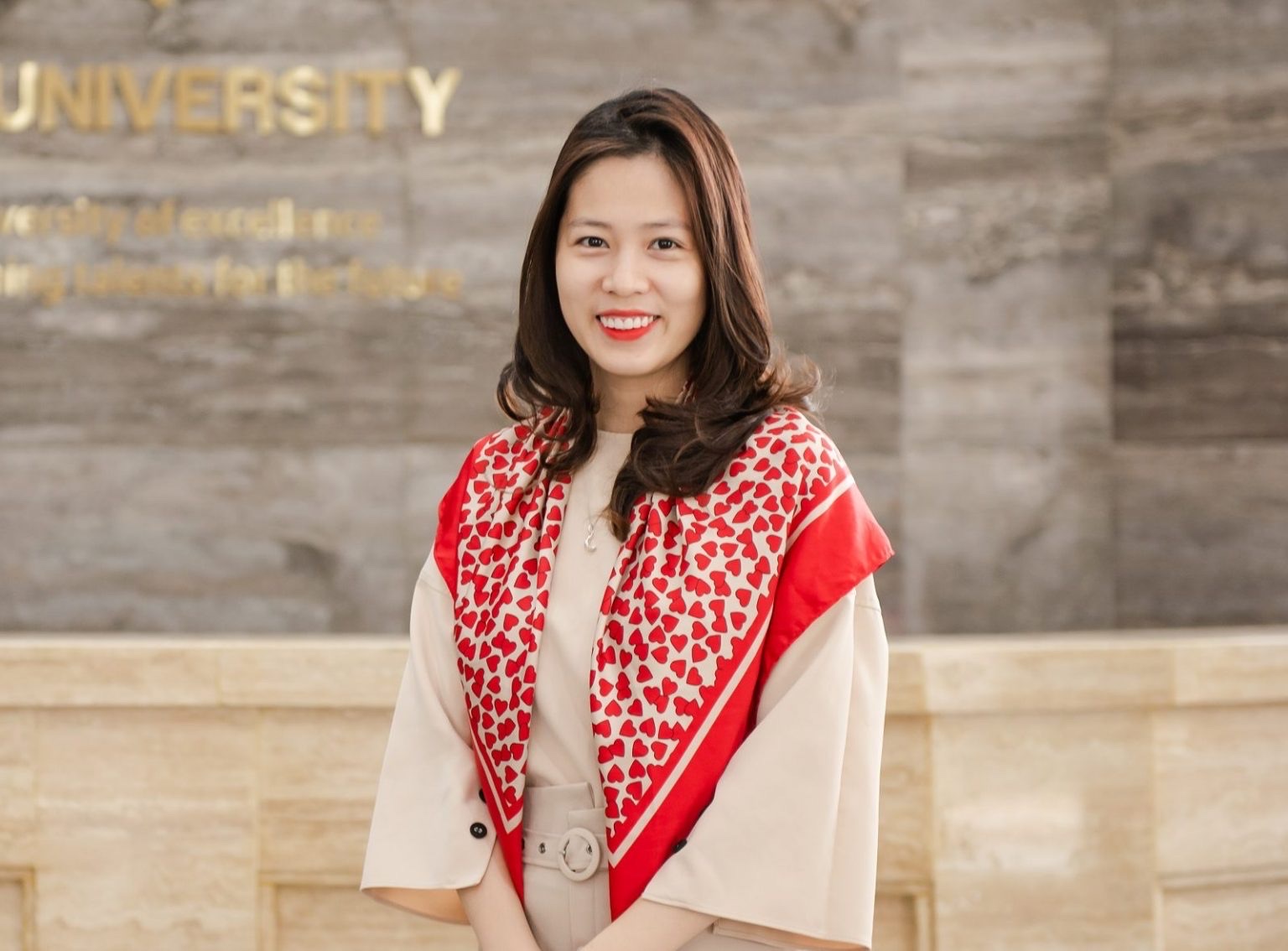
Marketing & Communication

Coordinator

Website & Social Media

Website & Social Media
Track Chair: Associate Professor Hyunjeong “Spring” Han
This track seeks papers from a wide range of disciplines and regions that investigate the questions, techniques, and dilemmas involved in the sustainable development and management of smart cities in the context of tourism—also known as smart tourism cities or smart urban tourism destinations—as they relate to a variety of issues, including the following:
The preceding list is only for illustration purposes.
Track Chairs: Professor. Werner Kunz and Associate Professor Tuan Q. Phan
The process of managing and influencing consumer perception of a brand or business is known as reputation marketing. The goal is to highlight the brand’s strengths and promote them in a way that converts leads and shoppers into customers. The discipline entails gathering and amplifying positive brand content in order to leverage your brand’s reputation as an asset that improves your marketing efforts and campaigns. Consider this distinction between “reputation marketing” and “reputation management”: many marketers associate reputation management with “crisis management,” implying that it is not something executives often consider until there is already a crisis. Reputation marketing represents more proactive and preventative efforts.
The track entails consistently monitoring a place or destination brand’s reputation (rather than acting only when problems arise), as well as amplifying user generated content (rather than simply responding to it) with the goal of attracting prospects and leads.
Track Chairs: Professor David Reibstein and Dr. Trinh Viet Dung
Topics appropriate for this track include, but are not limited to the following areas: